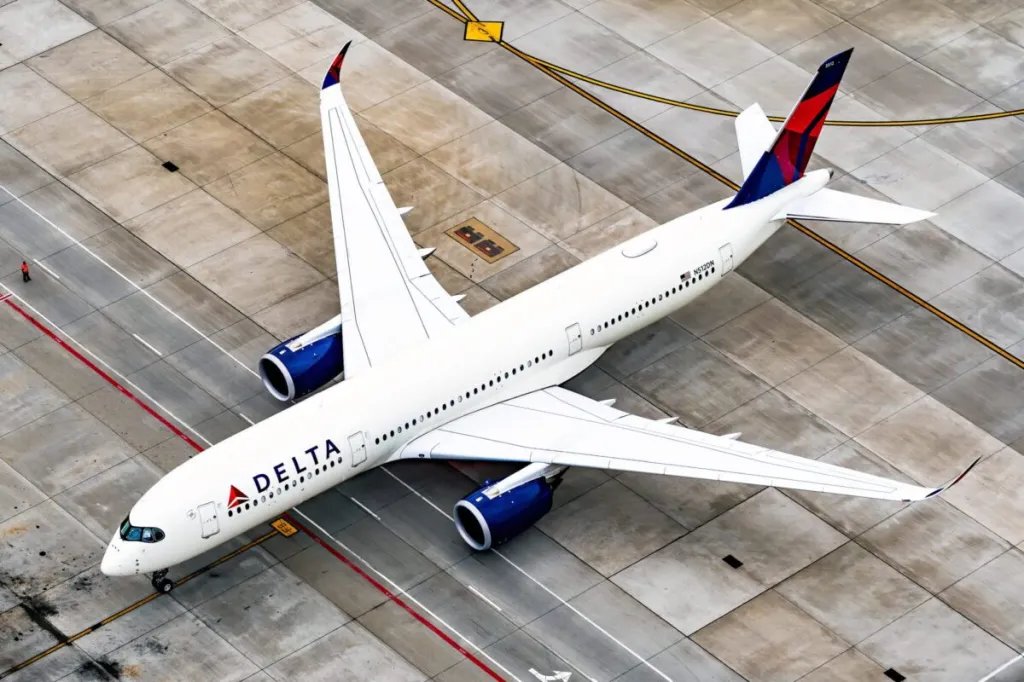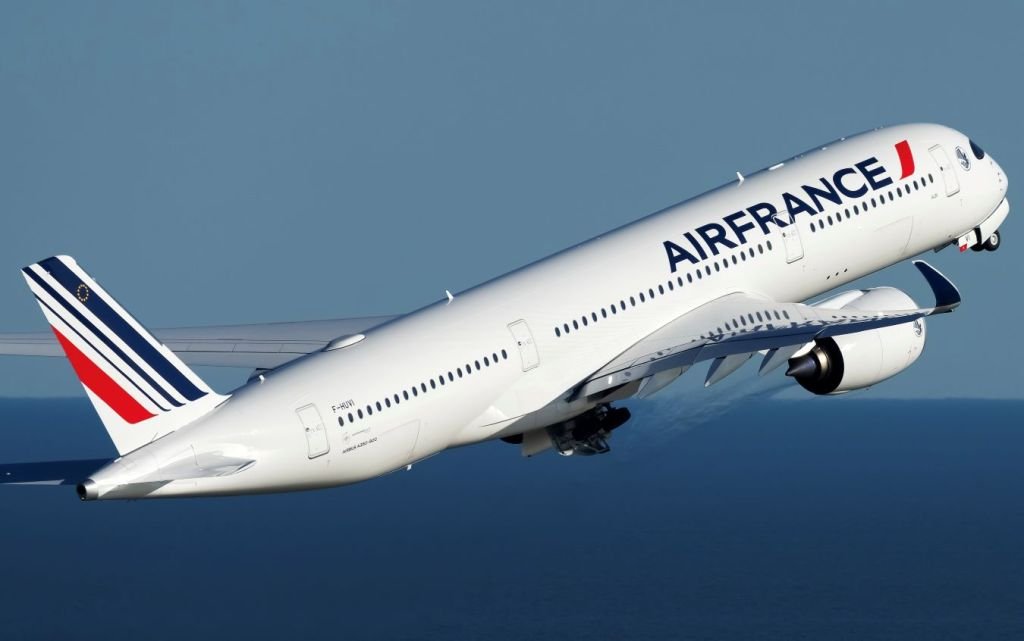Travel Market Insights
Hotel Loyalty Programs Face Challenges Amid ‘Points Fatigue’ and AI Transformation, According to Accenture

- A significant portion of hotel loyalty members express dissatisfaction with current programs, citing a lack of perceived value.
- Generative AI is emerging as a tool to enhance personalization and engagement in loyalty programs, appealing particularly to younger travelers.
In a recent survey conducted by Accenture, findings suggest that hotel loyalty programs are experiencing a decline in perceived value among consumers. The survey, which involved 18,000 participants across 14 countries, highlights a growing sentiment of “points fatigue” among loyalty program members, with half of them indicating that these programs no longer deliver the value they once promised.
The report, titled “Me, my brand, and AI: The new world of consumer engagement,” underscores a paradox within the hospitality industry. While loyalty programs are still seen as effective tools for customer retention and brand advocacy, dissatisfaction is mounting. This is particularly evident among younger travelers, such as Gen Z and Millennials, who are more likely to participate in loyalty schemes but also quicker to abandon them if disappointed.
One of the key insights from the survey is the potential of generative AI (gen AI) to transform loyalty programs. Currently, 43% of hotel loyalty members are active gen AI users, compared to only 16% of non-members. These users are more inclined to utilize AI for personal travel needs, suggesting a shift towards hyper-personalization and dynamic engagement in loyalty offerings.
The report also highlights that a majority of hotel loyalty members desire more control over their rewards, with 89% expressing a preference to choose their benefits. Luxury travelers, in particular, have higher expectations, with 90% wishing to shape their experiences.
Emily Weiss, senior managing director and global travel lead at Accenture, notes that brands are increasingly leveraging AI to enhance customer experiences. By using AI to segment customer data and tailor offers, hotels can move beyond traditional points-based systems to create personalized, experience-led rewards. This approach aims to strengthen guest relationships and boost loyalty, ultimately driving repeat business.
As the hospitality industry navigates these challenges, the integration of AI and a focus on personalized experiences may prove crucial in maintaining the appeal of hotel loyalty programs.
Travel Market Insights
Delta Says It Will Not Use AI to Target Customers

Key Points
- Delta Air Lines clarified it does not use AI to set individualized airfares based on personal data, following criticism from lawmakers.
- The airline uses AI, via a partnership with Fetcherr, to assist in dynamic pricing for a growing portion of its domestic flights, but claims all fares are determined by market dynamics and are publicly available.
- Lawmakers and officials have expressed concerns about potential predatory or ‘surveillance’ pricing, prompting Delta to stress its commitment to fair, competitive pricing and data privacy.
Summary
Delta Air Lines has publicly stated that it does not use AI to set individualized prices based on personal customer data, responding to recent criticism and inquiries from U.S. lawmakers. The airline acknowledged using AI technology, through a partnership with Fetcherr, to assist analysts in setting fares for a portion of its domestic flights, with plans to expand this use. However, Delta emphasized that fares are determined by market competition, not personal data, and all prices are transparently published, aiming to dispel concerns about privacy and potential predatory pricing.
Travel Market Insights
U.S. Dollar Slide Hurts Accor, Minor, and Meliá

Some of the world’s largest hotel companies saw their earnings dented by currency swings in the first half of 2025, as euro and baht-reporting groups absorbed losses while U.S.-based chains appeared largely insulated from the volatility.
Accor, Meliá Hotels, and Minor International all reported currency-related losses that offset solid operational performance. Meanwhile, U.S.-based Hilton and Wyndham, which report in dollars, did not mention foreign exchange impacts in their earnings calls and appeared shielded from the same pressures.
The U.S. dollar index dropped 10.8% in the first half of 2025 following the Trump administration’s April tariffs and public clashes with the Federal Reserve. The resulting investor pullback caused the dollar to weaken sharply against the euro, baht, and other currencies.
Accor: Currency Among Its Biggest Headwinds
Paris-based Accor repo
Travel Market Insights
Winners, Losers, and Lots of Premium Seats: Europe’s Airline Scorecard

Skift Take: Premium cabins still drive profits, but it's the low-cost threat that keeps Europe's legacy carriers up at night.
-

 Brand Stories2 weeks ago
Brand Stories2 weeks agoBloom Hotels: A Modern Vision of Hospitality Redefining Travel
-

 Brand Stories1 week ago
Brand Stories1 week agoCheQin.ai sets a new standard for hotel booking with its AI capabilities: empowering travellers to bargain, choose the best, and book with clarity.
-

 Destinations & Things To Do2 weeks ago
Destinations & Things To Do2 weeks agoUntouched Destinations: Stunning Hidden Gems You Must Visit
-

 Destinations & Things To Do1 week ago
Destinations & Things To Do1 week agoThis Hidden Beach in India Glows at Night-But Only in One Secret Season
-

 AI in Travel2 weeks ago
AI in Travel2 weeks agoAI Travel Revolution: Must-Have Guide to the Best Experience
-

 Brand Stories4 weeks ago
Brand Stories4 weeks agoVoice AI Startup ElevenLabs Plans to Add Hubs Around the World
-

 Brand Stories3 weeks ago
Brand Stories3 weeks agoHow Elon Musk’s rogue Grok chatbot became a cautionary AI tale
-

 Asia Travel Pulse4 weeks ago
Asia Travel Pulse4 weeks agoLooking For Adventure In Asia? Here Are 7 Epic Destinations You Need To Experience At Least Once – Zee News
-

 AI in Travel4 weeks ago
AI in Travel4 weeks ago‘Will AI take my job?’ A trip to a Beijing fortune-telling bar to see what lies ahead | China
-

 Brand Stories4 weeks ago
Brand Stories4 weeks agoChatGPT — the last of the great romantics

You must be logged in to post a comment Login